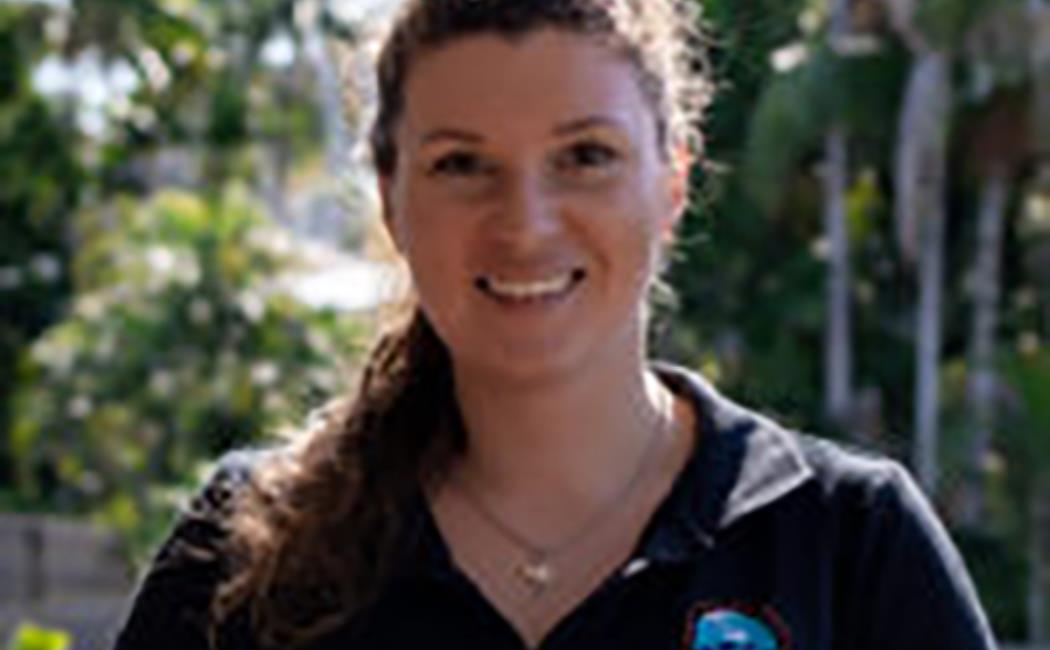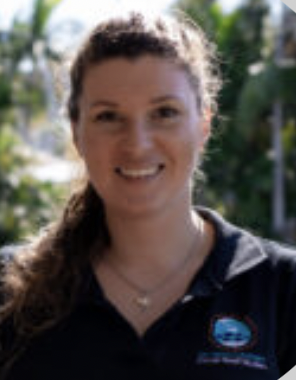


Abstract:
Sustained coral loss and the corresponding degradation of coral reef ecosystems is largely attributable to acute, large-scale disturbances that cause considerable coral mortality (e.g., mass coral bleaching). However, highly
prevalent, localised, routine disturbances (e.g., predation and competition) add to this degradation by undermining the health and condition of individual corals, potentially increasing their vulnerability to large-scale, acute disturbances and prolonging
recovery times of coral assemblages. The susceptibility of corals to these varying disturbances can have marked effects on coral populations and assemblages, depending upon a variety of factors, such as taxonomic identity, colony size and the
severity of the event. In this seminar, Deborah will explore the differential incidence of routine injuries and coral bleaching among coral taxa and colony sizes, dependent on the severity of the disturbance, throughout Australia’s remote Coral
Sea and comparable offshore reefs of the Great Barrier Reef. Using extensive in situ data collected before and during the peak of the 2020 mass bleaching event, the results presented reveal important insights into the vulnerability
of coral assemblages, and possibility of directional changes in community composition and size structure on these offshore reefs in the face of recurrent severe disturbances.

Speaker: Deborah Burn
Speaker bio:
Deborah graduated from Newcastle University, UK with a BSc (Hons) in Marine Biology in 2013, where her dissertation categorised the microbial communities associated with a coral disease in Venezuela. She later
worked in the Maldives, New Zealand and Australia, where she was involved with a range of marine research projects focusing broadly on disturbances and their effects on coral reef organisms and the wider ecosystem. Deborah completed her Master
of Philosophy in 2020 at James Cook University, which assessed the differential susceptibility of corals to major versus routine disturbances in Australia’s Coral Sea Marine Park, and is currently expanding on this work as a PhD candidate within
the ARC Centre of Excellence for Coral Reef Studies. Her PhD will further examine the vulnerability of coral assemblages in the Coral Sea Marine Park under the supervision of Morgan Pratchett, Andrew Hoey, and Chiara Pisapia.